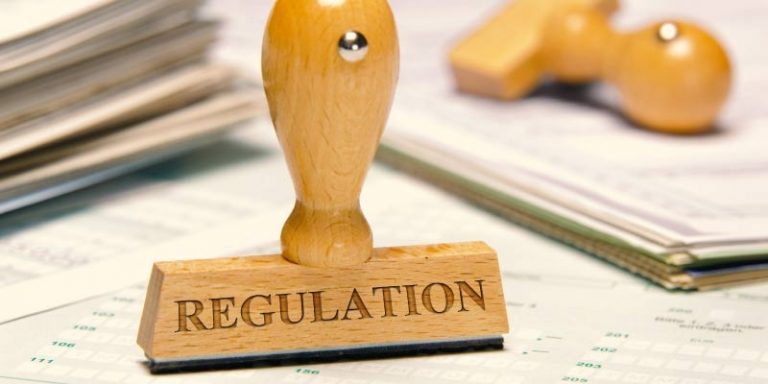Protecting Investors: The Role of Technology and Regulation
Preventing fraud and scams in the capital market is crucial for keeping the market honest, boosting investor trust, and ensuring economic stability. Both investors and intermediaries have important roles in this effort.
- Investors should stay alert, learn about investing, and research companies and intermediaries carefully. This helps protect them and makes the market more transparent.
- Intermediaries should follow regulations, be transparent, watch for unusual transactions, and educate their clients about finance.
Establishing and Enforcing Regulations: Regulatory bodies such as SEBON (Securities Board of Nepal), SEBI (Securities and Exchange Board of India), the SEC (Securities and Exchange Commission in the U.S.), and the FCA (Financial Conduct Authority in the UK) are crucial in maintaining the integrity of capital markets. They establish and enforce rules to prevent fraudulent activities like insider trading and market manipulation, and ensure transparency in financial statements.
Market Surveillance and Monitoring:
- Market Surveillance: Regulatory authorities use advanced systems to monitor for fraud and suspicious activities.
- Detection Methods: These systems help identify insider trading, price manipulation, and false information dissemination.
- Audits and Inspections: Regular audits and inspections of market participants help uncover potential issues.
 |
| The Role of Technology and Regulation |
Regulatory bodies help keep markets honest by investigating and punishing fraud or scams. They can impose fines, stop trading, or take legal action against wrongdoers. High-profile cases like Enron and Satyam show why these regulators are important for market discipline.
Investor Protection Schemes:
Investor protection schemes are important for keeping trust in financial markets. They offer a safety net for investors, especially small ones, who might lose money due to fraud or broker problems.
For example, the Investor Protection Fund (IPF) in India helps small investors if brokers default or go bankrupt. This makes investors feel safe and more willing to invest, knowing their money is protected.
Collaborative Efforts and Technology:
Use of Technology:
- AI and ML: Detect and prevent fraud in real time by analyzing large amounts of data for unusual patterns.
- Big Data Analytics: Process large datasets to identify potential fraud.
- Blockchain: Enhances security and transparency of financial transactions.
Collaborative Efforts:
- Regulators, Law Enforcement, and Financial Institutions: Work together and share information on fraud to create a secure market.
Global Coordination:
- Cross-Border Collaboration: Ensures fraudsters can’t escape justice by operating in different countries, reflecting the interconnected nature of financial markets.
These strategies are crucial for keeping financial systems secure and trustworthy.
Conclusion:
Preventing fraud and scams in the capital market is essential for keeping the market honest, boosting investor confidence, and ensuring economic stability.
Investors should stay alert, learn about investing, and research companies and intermediaries carefully.
Intermediaries must follow regulations, be transparent, watch for unusual transactions, and educate their clients.
Regulatory bodies set and enforce rules, monitor the market, and punish fraud.
Investor protection schemes provide a safety net for small investors.
Technology helps prevent fraud through AI, ML, Big Data Analytics, and Blockchain.
Collaborative efforts among regulators, law enforcement, and financial institutions, along with global coordination, ensure fraudsters can’t escape justice. These strategies keep financial systems secure and trustworthy.






![Completion of 23rd AGM of SWBBL [SWBBL]](https://blogger.googleusercontent.com/img/b/R29vZ2xl/AVvXsEgZQST2IMzGKVSTDsQoxqkjcpmvPNUE9073o8Dx3fBAn6TpUsJybg3dY-DPwbTHZmFdNU6MQd7DSs_sr6VmPBSdycKfSYSs8FjwzVcvHt3lIrZL76Hg2L18Go8NX_XyPqujVQGNcWBSBL7c7m9r3Bn5ejG7tj4C-hnBi28B_eMEL6wy3H4b88GKBzEqaML_/w72-h72-p-k-no-nu/1731661995544.jpg)



0 Comments